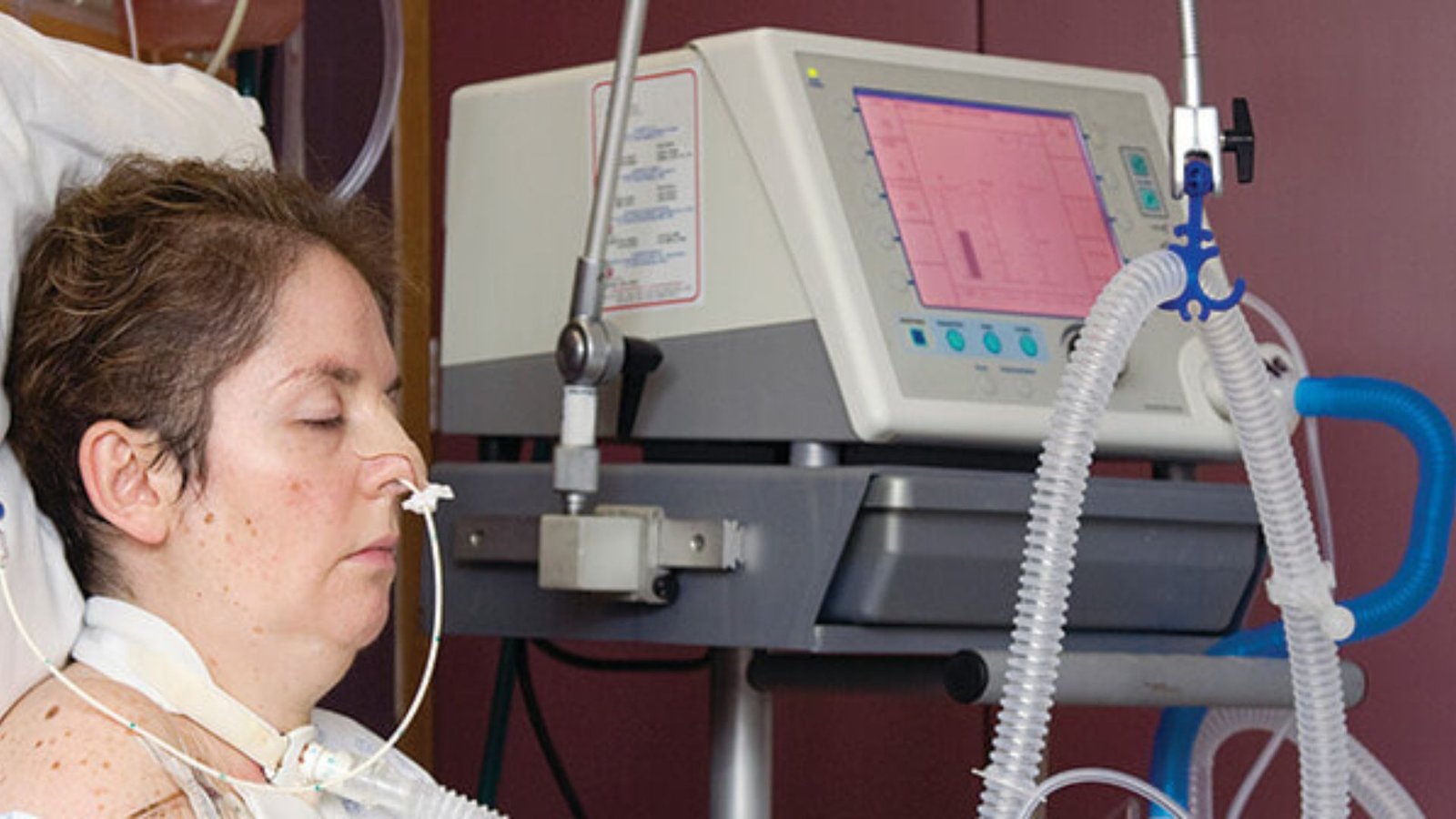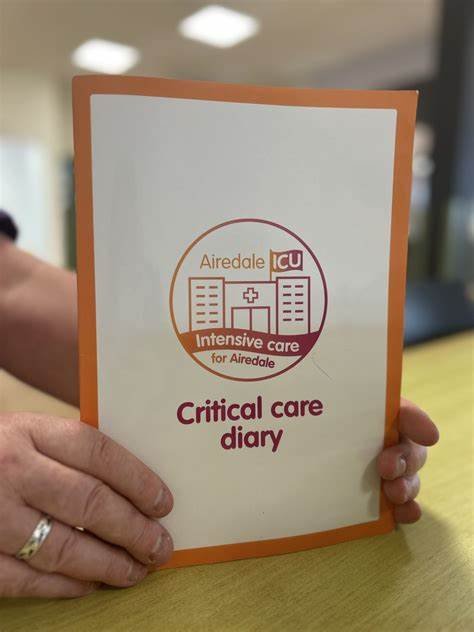When patients are in the intensive care unit (ICU), proper nutrition is essential for their recovery. Intensive care patients often face critical health conditions, such as surgery, injury, or illness, that require extra care and support. Nutrition plays a vital role in helping these patients heal, regain strength, and improve their overall health. In this article, we will discuss a nutrition plan for intensive care patients and why it is so important.

1. Why Nutrition Is Crucial for ICU Patients
Proper nutrition is vital for all patients, but it is especially important for those in intensive care. ICU patients are often dealing with conditions that put extra stress on their bodies. Without adequate nutrition, their immune system may weaken, making it harder for them to fight infections or heal from surgery.
Key reasons nutrition matters:
- It supports the immune system and helps fight infections.
- It provides the energy needed for healing and recovery.
- It helps maintain muscle mass and prevent weakness.
A well-balanced diet is essential for intensive care patients to regain strength and promote faster healing.
2. Types of Nutrients Needed
A nutrition plan for intensive care patients should provide a balance of essential nutrients that the body needs to heal. These nutrients include proteins, carbohydrates, fats, vitamins, and minerals. Each type of nutrient has a specific role in supporting the recovery process.
Essential nutrients for ICU patients:
- Proteins: Help repair tissues and maintain muscle mass.
- Carbohydrates: Provide energy for healing and recovery.
- Fats: Support cell function and help absorb vitamins.
- Vitamins and minerals: Aid in immune function, wound healing, and overall health.
ICU patients must receive all of these nutrients to ensure they can recover as quickly and effectively as possible.
3. Enteral Feeding vs. Parenteral Feeding
In the ICU, patients may not always be able to eat normally due to their condition. In such cases, doctors may provide nutrition through enteral or parenteral feeding.
- Enteral feeding: This involves providing nutrition directly into the stomach or intestines through a tube. It is the preferred method because it uses the digestive system and helps maintain gut health.
- Parenteral feeding: When a patient cannot tolerate enteral feeding, nutrients are given directly into the bloodstream through an IV. This method provides necessary nutrition but bypasses the digestive system.
Both methods ensure that the patient gets the nutrients they need when they are unable to eat by mouth.
4. Meeting Calorie Needs
ICU patients often have higher calorie needs because their bodies are under stress and need more energy to heal. Doctors and dietitians carefully calculate the patient’s calorie requirements based on factors like age, weight, and illness severity. Meeting these calorie needs is essential for preventing malnutrition and supporting recovery.
Calorie needs in the ICU:
- The body requires more energy to recover from surgery or illness.
- Extra calories help maintain strength and prevent muscle loss.
- Nutrient-dense foods and feeding methods ensure adequate calorie intake.
In some cases, if a patient is unable to consume enough calories orally, additional feeding through a tube or IV may be necessary to meet their needs.
5. Hydration and Fluid Balance
Along with nutrition, maintaining proper hydration is another critical aspect of a nutrition plan for intensive care patients. Dehydration can lead to complications, such as kidney problems and difficulty healing. Healthcare providers monitor the fluid intake and output closely to ensure patients are getting enough fluids to stay hydrated.
Hydration is important because:
- It helps maintain blood pressure and organ function.
- It supports kidney health and fluid balance in the body.
- It helps transport nutrients to cells and removes waste from the body.
Sometimes, fluids may be given intravenously if the patient cannot drink or eat normally.
6. Monitoring and Adjusting the Plan
As patients recover, their nutritional needs may change. Healthcare providers constantly monitor the patient’s condition and adjust their nutrition plan for intensive care accordingly. For example, if a patient begins to tolerate more food, they may transition from tube feeding to oral feeding. If complications arise, the nutrition plan may need to be adjusted to meet the patient’s specific needs.
Reasons for adjustments:
- Changes in the patient’s ability to eat or tolerate food.
- The need for more calories or specific nutrients during recovery.
- Adjusting for complications such as infections or organ failure.
Close monitoring ensures that the patient is getting the right nutrition at every stage of recovery.
7. Special Diets and Considerations
Some ICU patients may have specific dietary needs based on their condition. For example, patients with diabetes may require a low-sugar diet, while those with kidney problems may need to limit protein or sodium intake. The healthcare team tailors the nutrition plan for intensive care patients to suit these needs, ensuring that all dietary restrictions are met while still providing essential nutrients.
Special dietary considerations include:
- Diabetes: Low-sugar and low-carb foods.
- Kidney disease: Restricting protein, potassium, or sodium intake.
- Heart conditions: Limiting fats and salt.
A tailored diet plan helps manage the patient’s specific medical condition while providing the necessary nutrition for recovery.
8. The Role of Family in Nutrition
Family members can also play an important role in helping ICU patients with nutrition. They can help encourage patients to eat when they can, or they can provide emotional support during feeding times. In some cases, family members may even help communicate dietary preferences or concerns to the healthcare team.
Family support:
- Encouraging the patient to eat when able.
- Providing comfort during feeding times.
- Helping with meal choices and preferences.
While the medical team manages the technical aspects of nutrition, family support can improve the patient’s overall experience and recovery.
Conclusion
In conclusion, a well-balanced nutrition plan for intensive care patients is essential for their recovery. Proper nutrition helps boost the immune system, provides energy for healing, and supports overall health. Whether through enteral or parenteral feeding, healthcare providers ensure that ICU patients get the nutrients they need. Regular monitoring, hydration, and adjustments to the diet based on the patient’s condition are key to a successful recovery. A personalized approach to nutrition, along with support from family, can help ICU patients heal faster and regain strength.











